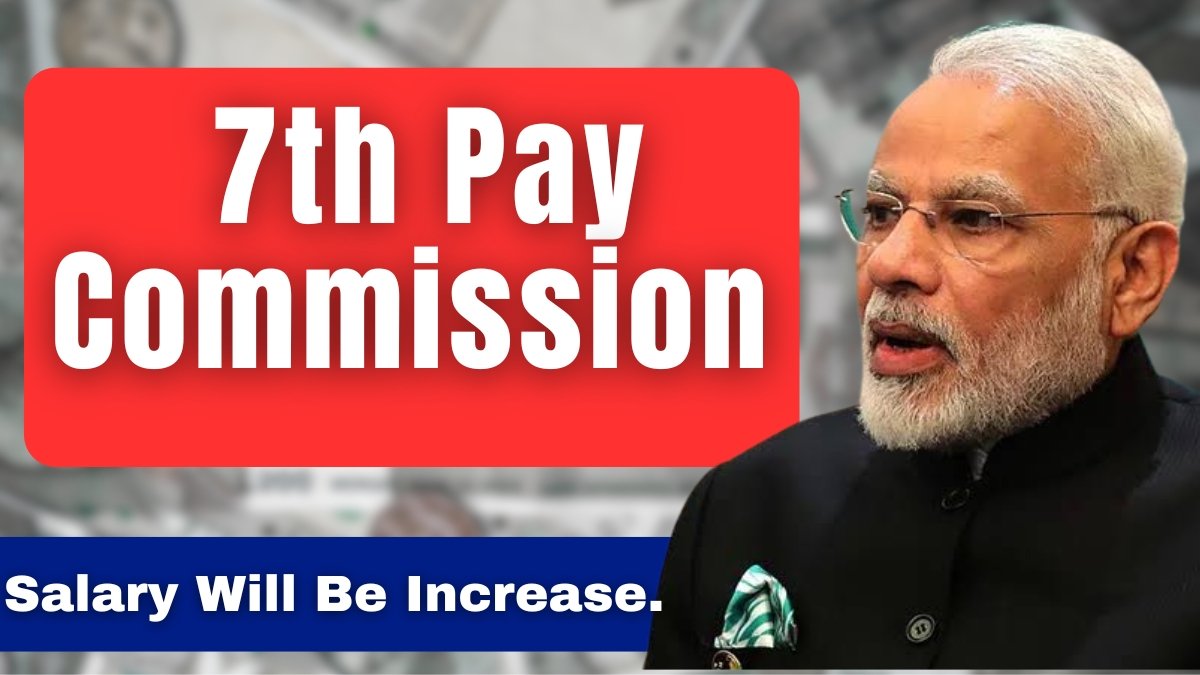In India, the Pay Commission was inaugurated by the establishment of its first commission in 1946, with Srinivas Varadachariar as the chairman. Till date, there have been seven pay commissions, each greatly improving the salary structure for government employees. In the first commission, the minimum salary was fixed at Rs 55, which has now increased to Rs 18,000.
Achievements Of The Seventh Pay Commission:
The Seventh Pay Commission that became effective in 2016 made sweeping changes in the salary structure of Government employees. Under this:
- The minimum salary of new recruits was raised from Rs 7,000 to Rs 18,000.
- Minimum salary for category-1 officers was fixed at Rs 56,100.
- All employees would receive an annual salary increase of 3%.
Prospects Of The Eighth Pay Commission:
The government is actively working to announce the Eighth Pay Commission which would commence on January 2026. This pay commission will benefit approximately 50 lakh central government employees and 65 lakh pensioners.
Possible Salary Hike:
- According to speculations, the salary increment can be more than 20-30% this time.
- The fitment factor, which constitutes the crux of salary increment, stood at 2.57 in the Seventh Pay Commission.
- The Eighth Pay Commission may put it up to 2.86.
- This can raise the minimum salary to Rs 51,480 from Rs 18,000.
Possible Changes In Dearness Allowance (DA)
- With the DA being implemented at 50%, HRA can also increase to 27%, 18%, and 9%.
- This will give relief from rising inflation and increase purchasing power for the employees.
The Eighth Pay Commission is a new breath of hope for the government employees. It will strengthen their financial condition and elevate their standard of living. The final decision, however, lies in the hands of the government, and everyone has to await an official announcement. But, one thing is assured: the time to come will prove to be very fruitful for the government employees.
Also Read: DA Arrears Update 2025: 18 Months Pending Dues For 1 Crore Central Employees
